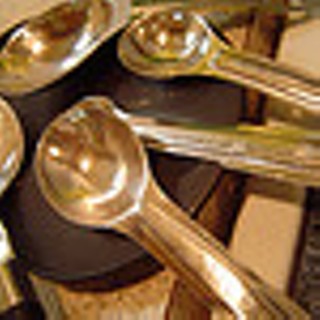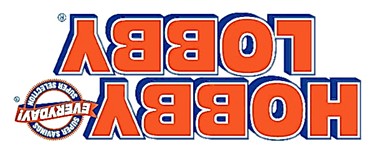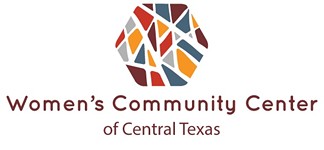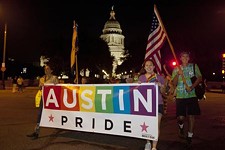Honoring Allies: The Home Edition
A very personal memory of two important allies
By Julie Gillis, 12:34PM, Wed. Oct. 27, 2010

This whole month has been amazing, daunting, inspiring. Between LGBT history, poignant stories about bullying and suicides, breaking news about DADT, and politics at large, I want to take the political and make it personal. It's that personal perspective that often helps makes us political and paves the paths for allies. I'd like to share my path.
I want to tell you about some special people who had nearly everything to do with that, and look at how one way we can be better allies is by showing our families, our children, our friends and co-workers, how to do right by people. These allies exemplify the idea of "teaspoons" or doing a little bit of activism at a time, every day, in natural ways to make change accrue over time.
Meet my parents.
My mother, Barbara: Barbara grew up in northern Michigan during the Depression, was a practical minded Yellow Dog Democrat and believed in birth control and sex ed for teens and driving big cars. She came to motherhood late in her life, but gave it a great go and taught me some of the most valuable lessons I'll ever had.
I grew up in the south in the early Seventies and there were far more tensions in my relatively newly integrated school than I suspect there are today – though maybe not. One day on the playground some kids, African American, were smacking me around, (probably for the reason any six-year-old smacks anyone around), and I came home and told my mother that I didn't like black people. I suppose to my six-year-old mind, the easiest association was to make – given the cultural constructs I was absorbing – was that it was their color that was the problem, and not me being a dorky six-year-old with a bad haircut and a lazy eye.
My mother, god bless her, pointed out a few close family friends that I adored and asked me what color they were. Black, I said. And you love them yes? Yes, I said. And I got it. I remember getting it right then. Age appropriate, logical, and right on.
My father, Don: Don was a musician, composer, writer and Texan with a penchant for bourbon and cigarettes. Witty and charming, he knew everyone, and if he didn't know you yet, he would. In the early Sixties, right as my parents were getting together, my father took in a young man, an extraordinary musician. His mother had cast him out for the usual reasons gay kids were cast out, but he found my dad or my dad found him and pretty much adopted him. He grew up on and off in our home.
This man, well into his adulthood and relationship of his own when I was a small kid, was the first gay person I'd ever met and was as much a god-parent as anyone should ever have. My parents loved him for him and never ever discussed his relationships as anything other than positive. All I knew was that he and his partner loved each other very much. And that was that.
My parent's home was always open to dad's students and then to my friends. I had no idea at the time, but they probably wanted there to be a "safe space," long before those words were coined. They didn't talk about any of these things really, they just did right by people and encouraged me to stand up for my friends. They were political, they showed me rather than told me that this work was something ongoing, important, vital.
As I grew, I became aware of the complexly complex complexities around race, racism, history, culture, as well as the reality that not everyone thought love was pretty much just love. Lots to keep learning.
It doesn't have to be parents who lay this groundwork. That's just how it happened for me. Maybe it's a little bit of nature and a very nurturing set of internal expectations created by seeing lots of different people around you set that example. Seeing them take that risk of standing up. Building a chain of strength through little daily actions that add up to a big-ass blueprint of how to not listen to the bullshit of fear.
You just should do right by people, stand up for them, get political, try to build bridges and understand each other, make life better even if you have differences. And you should show that to the people around you so that they feel strong enough to do that too.
Barbara and Don you were two right-on allies. Bless you both.
A note to readers: Bold and uncensored, The Austin Chronicle has been Austin’s independent news source for over 40 years, expressing the community’s political and environmental concerns and supporting its active cultural scene. Now more than ever, we need your support to continue supplying Austin with independent, free press. If real news is important to you, please consider making a donation of $5, $10 or whatever you can afford, to help keep our journalism on stands.
Sarah Mortimer, July 1, 2014
David Estlund, Feb. 13, 2014
March 4, 2015
Activism, Gay, Lesbian, Ally, Parents, Don, Barbara, Seventies, Sixties, LGBT, queer, Allies, good examples, personal as political, do right










